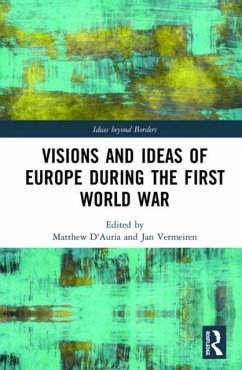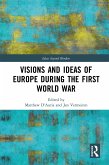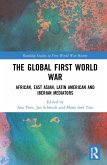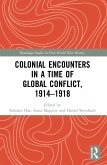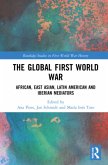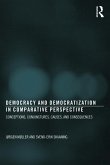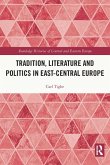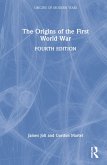Given the destruction and suffering caused by more than four years of industrialised warfare and economic hardship, scholars have tended to focus on the nationalism and hatred in the belligerent countries, holding that it led to a fundamental rupture of any sense of European commonality and unity. It is the central aim of this volume to correct this view and to highlight that many observers saw the conflict as a 'European civil war', and to discuss what this meant for discourses about Europe. Bringing together a remarkable range of compelling and highly original topics, this collection explores notions, images, and ideas of Europe in the midst of catastrophe.
"D'Auria and Vermeiren (both, Univ. of East Anglia, UK) edited and contributed to this volume on ideas about Europe during and after WW I. They argue that the sense of a broad European identity rooted in history persisted and was articulated in the work of intellectuals, novelists, and artists, even during the conflict, which was fueled by intense nationalism and demonization of the enemy. Contributors discuss works from a range of mainly French, German, and British authors who reflected on how the cataclysm of a "European 'civil war'" would reshape the continent in terms of shared culture and, for some, in the possibility of political unification. Of particular interest are two essays about the visual representation of Europe: Richard Deswarte's essay on Dutch cartoonist Louis Raemaekers's graphic depiction of young women threatened by German brutality evoking the symbolic figure of the mythical Europa, and Michael Wintle's essay on the iconography of national war memorials reflecting the reassertion of Europeans' faith in the superiority of their civilization over that of other populations. This book will be welcomed by scholars studying WW I and the history of European integration" - A. H. Plunkett, Piedmont Virginia Community College, CHOICE magazine
"Anyone who would assume that everything has already been said about the history of ideas in Europe before and after 1914/18 will see this book as a lesson... It is a treasure trove and highly recommended for political ideas and historical culture researchers." [translated from German]
Michael Gehler, Institut für Geschichte, Stiftung Universität Hildesheim for H-Soz-Kult
"Anyone who would assume that everything has already been said about the history of ideas in Europe before and after 1914/18 will see this book as a lesson... It is a treasure trove and highly recommended for political ideas and historical culture researchers." [translated from German]
Michael Gehler, Institut für Geschichte, Stiftung Universität Hildesheim for H-Soz-Kult

